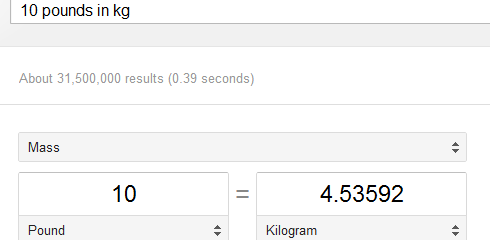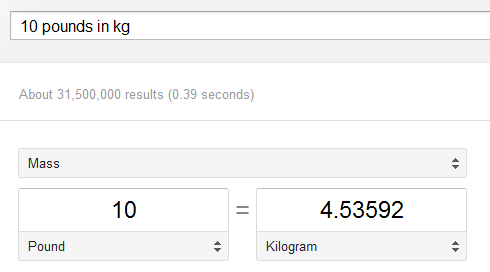To me, the most interesting aspect of the Digg story is just how much of a central role the service has played in the larger story of our current tech scene. It was a key catalyst in the era of social that we now live in. And the company’s diaspora has seeded many of the current crop of services we all use. In some ways, the sale to Betaworks really is the end of an era.
Category: Web work
These days, most of my work is very related to the online world. Building web sites, reviewing web applications, integrating with web services, coordinating people who are far away from each other, etc. Whenever I find a new tool or service or an innovative, interesting idea about working online, I share it in this category.
The Slow Web
Timely not real-time. Rhythm not random. Moderation not excess. Knowledge not information. These are a few of the many characteristics of the Slow Web. It’s not so much a checklist as a feeling, one of being at greater ease with the web-enabled products and services in our lives.
Google’s Interactive Unit Conversion
Google Search offered a unit conversion tool for a long time now. One could just search for “10 pounds in kilograms” and get a quick answer right on the results page. Google Operating System blog reports that Google has upgraded the functionality and now the unit conversion tool is interactive.
jQuery 2.0 will drop support for MSIE 6, 7, and 8
The developers of jQuery recently announced in a blog entry that jQuery 2.0 will drop support for legacy versions of Internet Explorer. The release will come in parallel with version 1.9, however, which will include support for older versions of IE. The versions will offer full API compatibility, but 2.0 will ‘benefit from a faster implementation that doesn’t have to rely on legacy compatibility hacks.
A few comments mentioned that dropping support for MSIE 6 and 7 is fine, but MSIE 8 is still widely used by people with Windows XP. The solution to the problem seems to be conditional tags. Since jQuery 2.0 will have fully compatible APIs to jQuery 1.9, something along the lines of:
<!--[if lt IE 9]> <script src="jquery-1.9.0.js"></script> <![endif]--> <!--[if gte IE 9]> <script src="jquery-2.0.0.js"></script> <!--<![endif]-->
should solve the problem.
Smashing Magazine : Code Smell And Type On A Grid
Smashing Magazine : Code Smell And Type On A Grid
When is the last time you got an email and thought:“Man, I wish this email was more complicated!”

